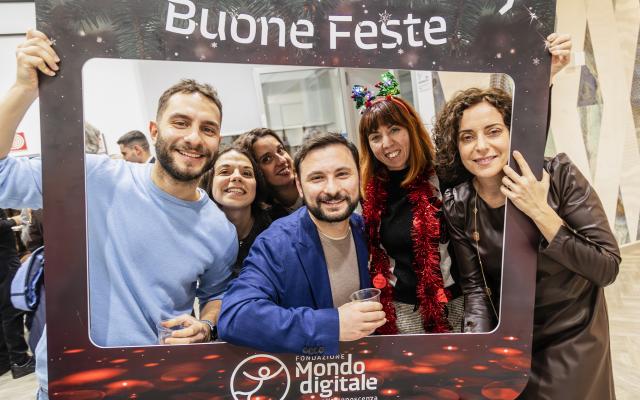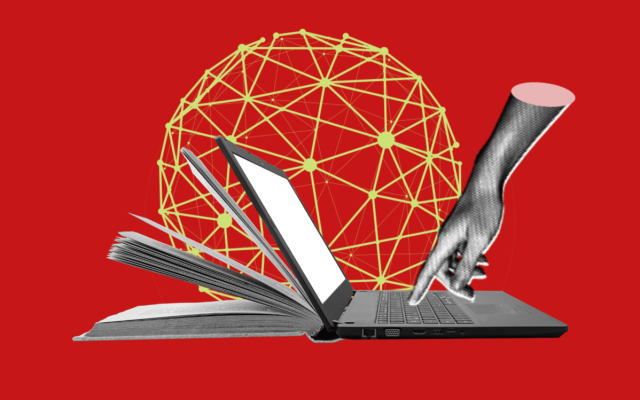Admon describes Social Hosting Hub
“My name is Admon. I’m 23 years old and a university student. I could speak a lot about myself … that volunteer for the Comunità di Sant’Egidio and study Landscape Architecture at Sapienza University of Rome, or that I have brothers scattered around Europe. However, in this age of tweets and social lingo, one should communicate rapidly and, especially if we were on-line, the first thing you would notice is that I’m from Syria. I’m a migrant, a refugee. I arrived in Italy thanks to the humanitarian corridors organised by the Comunità di Sant’Egidio seven years ago.” Admon is one of the protagonists of the final event of Social Hosting Hub, held yesterday in the heart of Trastevere in Rome [see news: Community Strategy and Technology].
Admon learned about Project Social Hosting Hub at the youth centre of the Comunità di Sant’Egidio, a project partner. “However, there are many people my same age or younger who were not as lucky. Alone and isolated they became the object of insults, which amplified via social media, become true avalanches on their lives. Like many of my peers, I have social accounts, too. I like to post the photos of trips and outings with friends, but I also head messages of hate – hate speech. And often these messages are aimed at migrants like me. We are just people who have lost their old lives to war and famine and are now trying to build a new life in a country that is new to us and in which we don’t have many friends.”
The objective of Project Social Hosting Hub is to coordinate an “integrated educational platform, both local and on-line, with a high impact and inclusive density, without any degrees of separation.”
“This is why I often tell my story, on-line, in schools, on television. I’m trying to make my story viral. As volunteers, this is how we can erect bridges and break down walls through kindness, speaking to everyone and showing them that we’re not only ‘migrants’ but people just like them, who like to travel and listen to music. In this way, they will learn to see with different eyes, too. Eyes that are not blinded by on-line hate,” explains Admon. “The Internet can become a multiplier of best practices, good practices to fight against hate speech.”
Amongst the most significant experiences in his volunteering experience, Admon describes his meeting with elders. “Do you know that old saying that we are dwarves on the shoulders of giants? Spending time with elders allows you to enrich yourself with stories and wisdom, day after day. An elder is a friend who gives you all of this without asking for anything in return, if not some company. This is why when the first pandemic wave arrived, we felt doubly alone. Many of us lost old friends, while others were suddenly isolated, without loved ones. Instead of feeling depressed and thinking we could do nothing about it, we supported them with videocalls. We launched a social campaign - #SalviamoINostriAnziani (Save Our Elders) – that went viral. It was replicated in other European countries and featured on newspapers and television. We used the web to launch a message and denounce the conditions of isolation in which many elders had come to find themselves. Lots of people joined us and we started to draw further attention. Once again, our digital activism was rewarded. We proved that social media can drive change.”



